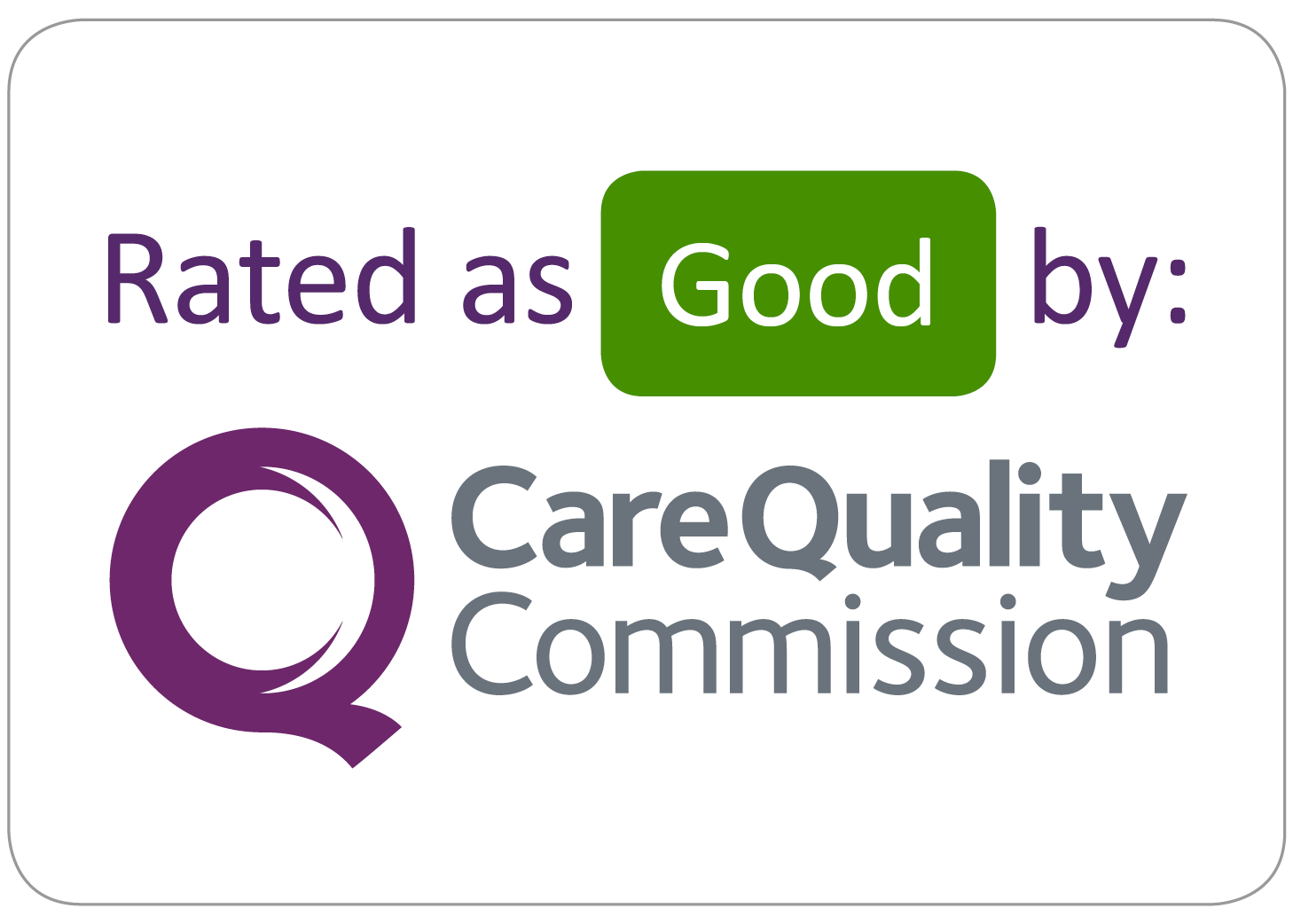Infection Prevention and Control
We all play a part in infection prevention.
"Reducing infection figures can only be achieved with everyone working together and by that we mean staff and patients and visitors in our hospitals.
"The measures have proved effective so far but need to remain so in the future. I would ask everyone to support us and together we can achieve the falling numbers which everyone wants to see." David Birkenhead, Director of Infection Prevention and Control. Washing hands is one of the most effective ways to prevent the spread of all infections and we encourage our patients, visitors and staff to do this.
You can help us reduce hospital infections and here are just a few tips on how:
For patients:
- Ask the staff caring for you whether they have washed their hands – they really do not mind
- Use the hand cleaning facilities at every ward entrance and every bedside and encourage your visitors to do so as well
- Please wash your hands before meals and after using the toilet
- Please do not sit on another patient's bed
- Bring personal toiletries including soap and a clean flannel with you. Men should bring in their own razor with them.
For visitors:
- Do not visit if you are unwell - you should be free of any symptoms (eg sickness and diarrhoea) for at least two days before you visit
- Do not touch patient’s wounds, bandages and dressings or medical equipment such as drips
- Alcohol based hand rubs are very effective at killing germs but they are not a cure for all. Please try to wash your hands and use the hand rub every time you visit your friend or relative in hospital.
Advice for patients
Many infections can be passed on by human contact so we need the help of patients and visitors as well as our staff to help combat it. Washing hands is one of the most effective ways to prevent the spread of all infections and we encourage our patients and visitors to do this as well as our staff.
You can help us reduce hospital infections and here are just a few tips on how:
· Ask the staff caring for you whether they have washed their hands – they really do not mind
· Use the hand cleaning facilities at every ward entrance and every bedside and encourage your visitors to do so as well
· Please tell a member of staff if you see a spill or something which needs cleaning up
· Please wash your hands before meals and after using the toilet
· Please do not sit on another patient's bed
· Bring personal toiletries including soap and a clean flannel with you. Men should bring in their own razor with them.
Advice for visitors
Bacteria are among the earliest known species of life on Earth and still survive today. They are all around us in our everyday lives and can be found in your home, in the workplace and out in the community. In fact, the human body contains ten times more bacteria cells than it does human cells. It is only when a person becomes very ill, their immune system does not work as well or a bacteria gets into the bloodstream that they can cause illness. Here are our top tips on how you can help us reduce the spread of hospital infections:
- Use the alcohol hand rub provided in each ward and at every patient bedside every time you enter and leave the ward
- Wash your hands after visiting the toilet then use the alcohol hand rub to kill off any remaining germs
- Do not visit if you are unwell - you should be free of any symptoms (eg sickness and diarrhoea) for at least two days before you visit
- Do not sit on the patient’s bed. Please use the chairs provided
- Do not touch patient’s wounds, bandages and dressings or medical equipment such as drips
- Patients should have their own toiletries and should never borrow from other patients
Alcohol based hand rubs are very effective at killing germs but they are not a cure for all. Please try to wash your hands and use the hand rub every time you visit your friend or relative in hospital.

















